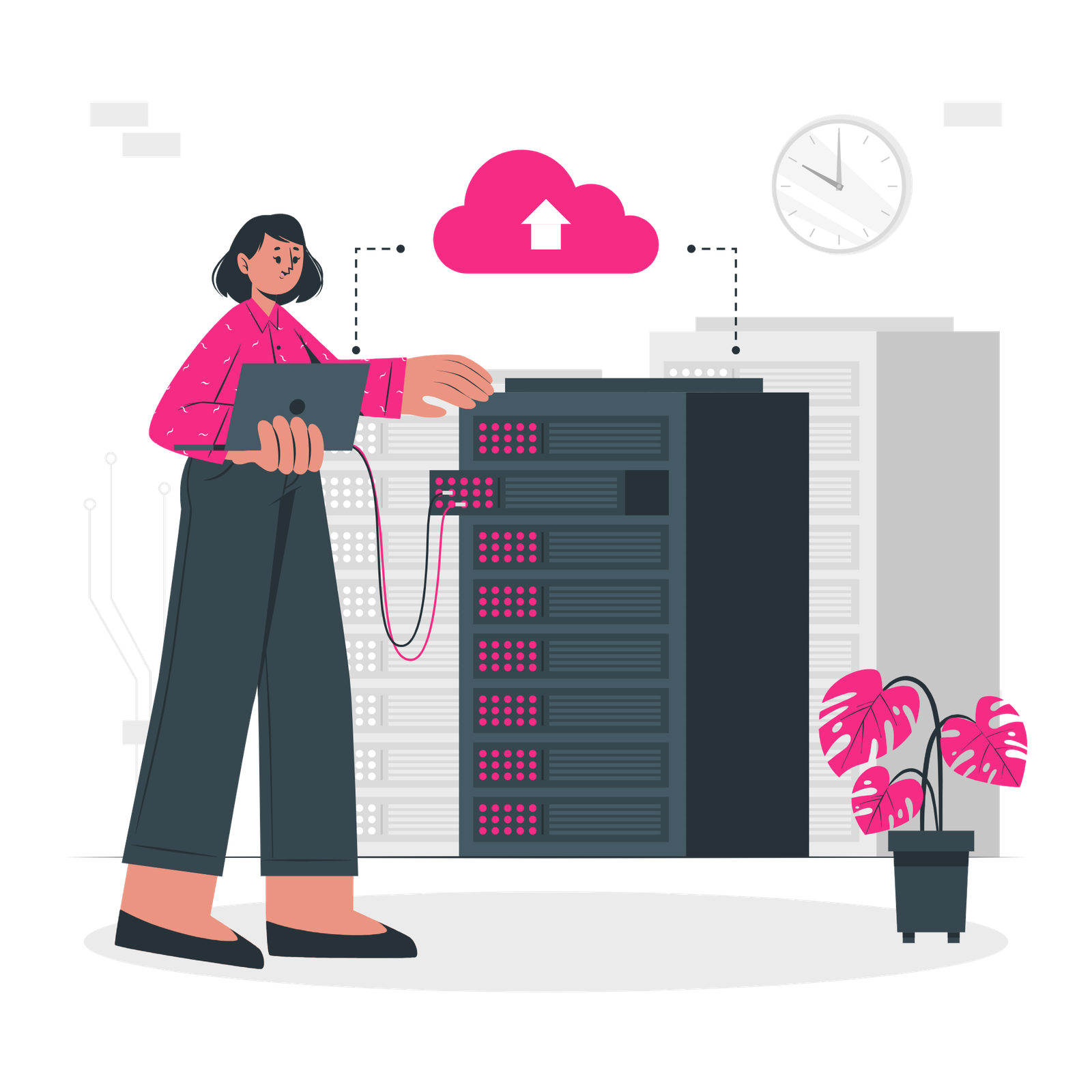
Kortex Technologies provide bespoke cloud computing services to businesses all over Delhi.

Kortex Technologies offers bespoke cloud computing services to companies in Delhi. Moving to the cloud can provide your company a significant boost in terms of cost savings and increased employee productivity. Cloud solutions provide far too many benefits in terms of security and mobility for Delhi firms to ignore.



The usage and storage of data and computer resources without direct management by the user is referred to as cloud computing. Cloud computing can be divided into three categories. There’s virtual IT, which uses remote servers to supplement a company’s internal IT network; software that can host applications remotely; and network storage. Instead of storing data on-site, businesses can store it in big data centers where it can be retrieved and manipulated at any time. These data centers are usually equipped with more advanced technology than on-site servers, allowing them to manage and store massive volumes of data.
We create value across the IT spectrum through deploying innovation, structuring transformation and unlocking growth for your company.

You can save money by lowering the amount of your on-site infrastructure. When you host your services on the cloud, you only pay for what you use, and your maintenance costs are kept minimal. In a similar spirit, you have the freedom to select the services that best suit your needs.
With so many applications and services to choose from, you can quickly customize them to fit your needs. You might have a small workforce and like to keep your servers and network on-site, but you make a lot of international video and audio calls, which necessitates VoIP. Perhaps your workforce is vast and dispersed around the globe, necessitating the use of cloud services to keep your network up and running.
Indeed, you may improve your team’s cooperation and productivity by hosting your services and network on a cloud-based platform or infrastructure. From any device, your employees may connect to your network and manage files. With cloud computing solutions, the opportunities for corporate expansion are endless.



Microsoft Azure, Office 365, VMware vCloud, Google Apps, and Rackspace are some of the most popular cloud computing programs. Different models provide various services that your company may or may not require.
Software-as-a-service (SaaS) options, such as Gmail and other Google products, are available. Because the software you use is part of a broader platform, some manufacturers provide platform-as-a-service (Paas) goods such as virtual servers and operating systems. Finally, you have the option of using an infrastructure-as-a-service (IaaS) cloud computing solution, which takes care of actual servers and other networking components. DigitalOcean is a cloud computing provider that offers both PaaS and IaaS services.
The cloud computing service that is best for your company will be determined by your IT requirements. Some businesses use cloud services for only a portion of their operations, while others use comprehensive cloud management for all of their computing and IT needs. Finally, think about the types and sizes of data you’ll be keeping and distributing, the size of your organization, and the bandwidth you have available. And these are only the beginning – there’s a lot more to think about while building your cloud IT architecture.
Let’s discuss IT strategy, services, and business solutions & compliance concerns.

Follow us
Copyright ©2024. All Rights Reserved by Kortex Technologies.